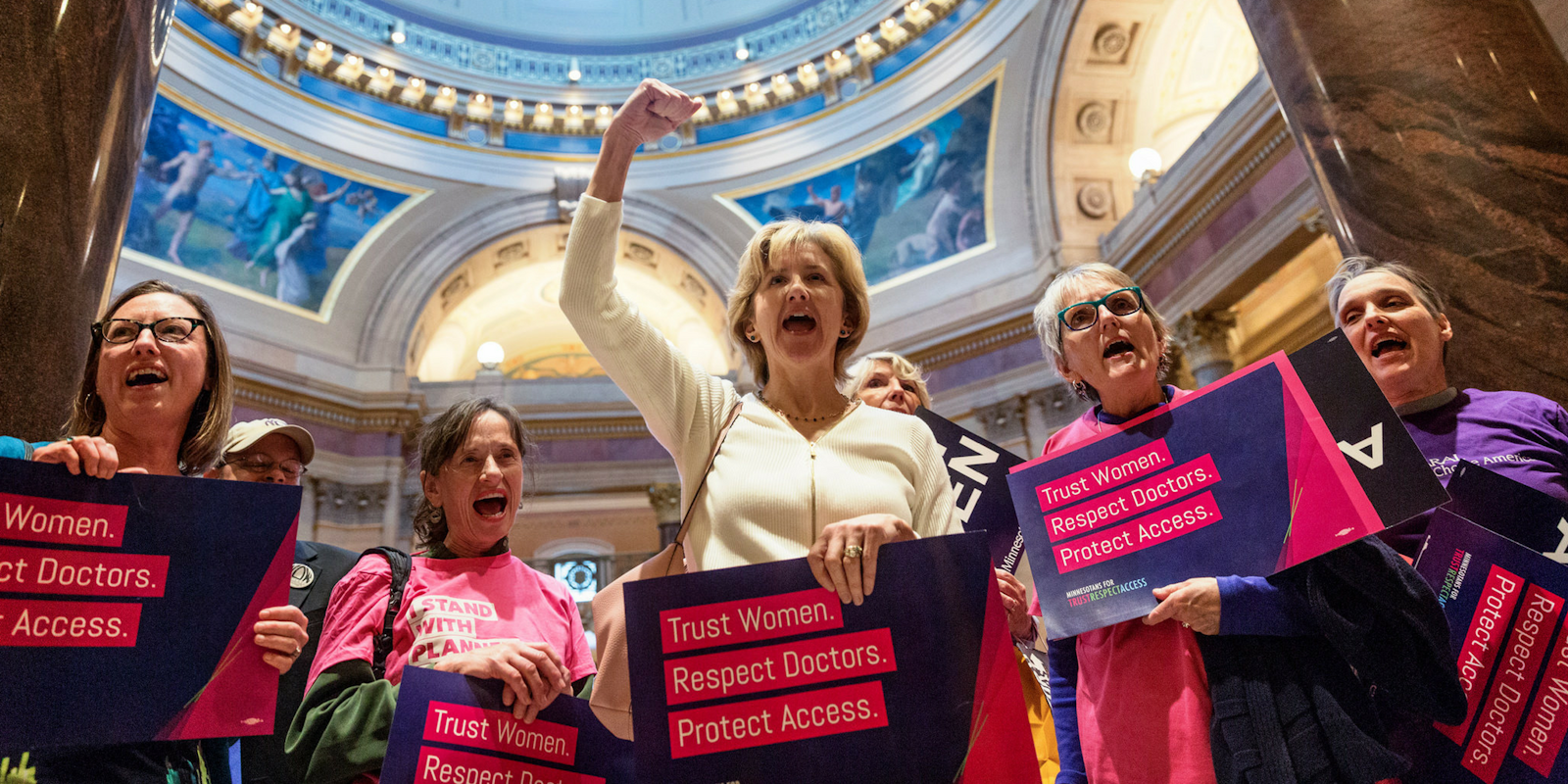The bill for a ban on abortions after 20 weeks of pregnancy sponsored by Republican Arizona Rep. Trent Franks and 170 other representatives passed in the House on Tuesday, with a vote 237 to 189.
The “Pain-Capable Unborn Child Protection Act,” otherwise known as HR 36, bans performed or attempted abortions on women who are 20 weeks pregnant or more. Doctors and providers found guilty of violating the ban would be subject to a fine, five years in prison, or potentially both.
The bill states the women who receive or attempt to undergo an abortion past 20 weeks “may not be prosecuted,” and does make an exception for pregnancies in the case of sexual assault, incest, or those that endanger a mother’s life.
https://twitter.com/RepTrentFranks/status/914889566825385985
The name of the bill functions on the premise that a fetus can feel pain at 20 weeks, an argument made by anti-abortion activists and politicians that has not been scientifically proven. According to a 2005 study from the University of California, San Francisco, fetuses were found to not be able to perceive pain until the third trimester, at 26 weeks.
Additionally, as pointed out by Quartz, the American College of Obstetrics and Gynecology stood by this position in 2015 and has not moved since.
Our best evidence indicates a fetus cannot perceive pain until the third trimester, 26 weeks, not 20-weeks.https://t.co/kXkTkvb5jM
— Dr. Daniel Grossman (@DrDGrossman) October 3, 2017
My patients need abortions after the first trimester, 12 weeks, for a variety of reasons. We don’t call it “late”. That’s antichoice stigma.
— Dr. Daniel Grossman (@DrDGrossman) October 3, 2017
While the House passed the same ban in 2015, Senate Democrats blocked the measure. The same is expected for this year’s measure, too, as the bill needs 60 votes to pass in the Senate, of which there are 52 Republicans.
“Abortion after twenty weeks of pregnancy is rare and almost always medically complicated. There is no place in these conversations for politicians pursuing an ideological agenda with no knowledge of the medical specifics of each case,” NARAL Pro-Choice America President Ilyse Hogue said in a statement. “Women making these difficult decisions need medical professionals, not tone deaf legislation.”


